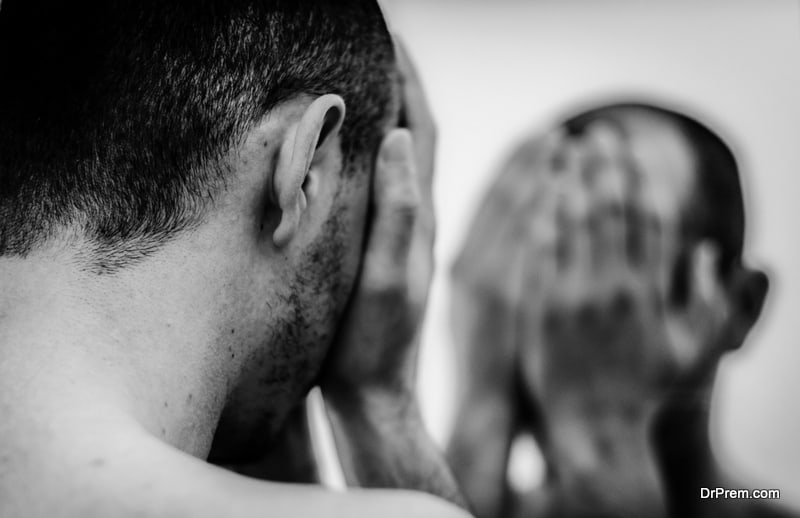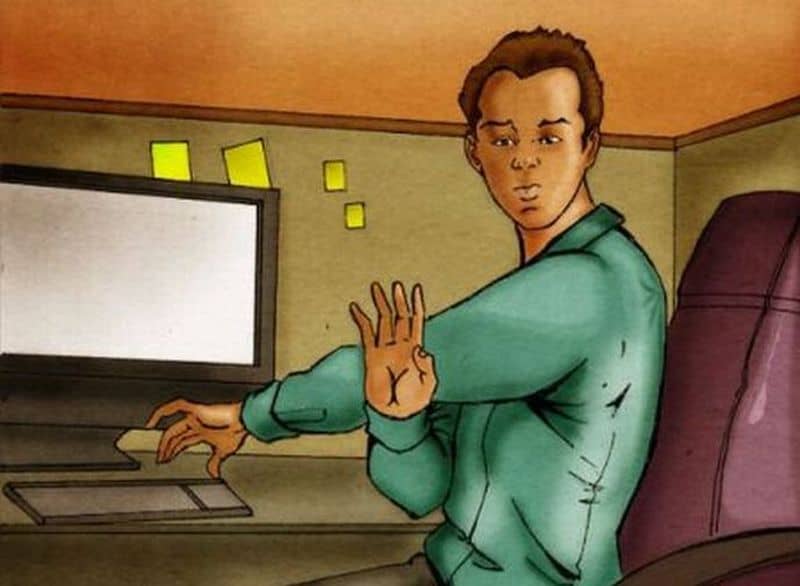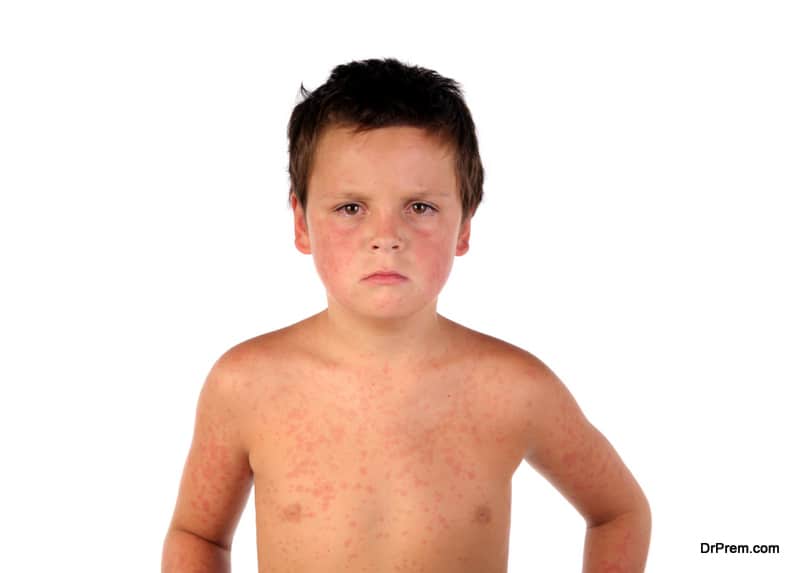In today’s fast-paced world, almost all of us, at different stages in life, are confronted with challenges and demands. Stress is a by product of inadequate or poor coping strategies. Such stress or distress can tax you heavily, draining you emotionally, physically, and socially. However, ‘positive stress’ is very important and also productive. For instance, you might end up losing your job if you do no submit your project before deadline. Here’s where positive stress comes into play, making us work towards achieving certain ends. Nevertheless, both positive and negative stress can test a person’s potential. Thus, it is imperative to know the art of stress management to combat it effectively.
To begin with, there can be several causes of stress that can break you down. These can be inner frustrations, long pending conflicts, internal or external pressures, personal crisis, wanted or unwanted changes in life, or a natural catastrophe. If the stress lasts too long, it can result in acute stress disorder. We shall thus discuss the symptoms of stress, its treatments, and the basic dos and don’ts to avoid or handle stress.
Symptoms
Some of the standard symptoms of a stress disorder are:
- Experiencing a threat to your life due to a serious injury or response to a stressful event that involves intense fear or helplessness.
- Subjective sense of detachment or emotional unresponsiveness, and low awareness about self or surrounding.
- Flashes of recurrent images, thoughts, dreams, illusions, and memories.
- Marked avoidance of the stimuli that arouses the recollection of stress or traumatic event.
- Difficulty in sleeping, irritability, poor concentration, hyper vigilance, and restlessness caused by increased anxiety and arousal levels.
- Significant impairment in social, occupational, or other important areas of normal functioning.
Usually, the disturbance lasts for two days and a maximum of four weeks. Prolonged persistence of the above-mentioned symptoms calls for proper guidance from a counselor/psychologist/therapist, along with prescriptions from a psychiatrist.
Treatment
It is possible to treat a stress disorder, effectively. But, according to research, a significant proportion of people are reluctant to seek professional help. However, crisis intervention techniques serve the purpose enormously. Some of these methods are:
1.Short-term crisis therapy:
This is a short-term, immediately implemented therapy, required for a brief duration. The therapist must suggest ways and plan of action, and provide reassurance and support.
Pro: This is very effective in preventing any possible long-term damage.
Con: It is assumed that the individual is ready to cooperate with the therapist and the benefits are not long lasting.
2. Direct-exposure therapy:
This strategy involves behavior-oriented treatment, where the client is repeatedly reintroduced to the stressor stimuli, so that the fear associated with it vanishes.
Pro: This technique can completely disable the stress-causing stimuli, forever.
Con: In case of traumatic death events of a loved one, reintroduction of stimuli is very difficult and unethical.
3. Psychotropic medications:
Anti-depressants can effectively ward off feelings of anxiety or depression. These medicines work directly on the causative hormones in the body, providing relaxation and rest to psychological stress.
Pro: These medications can easily calm you while in stress.
Con: Stress reducing medications are highly addictive and may cause more harm in the long run.
4. Cognitive-behavioral therapy:
These are a set of certain cognitive techniques/tasks that may result in deviating psychological attention from the stressor, thus reducing the stress. These involve solving puzzles or deep breathing and relaxing techniques as well.
Pro: These are effective without causing any harm and can help recanalize your energies.
Con: These techniques work only if the individual is ready to accept the directions and really wants to deviate from the stressor.
All the above-mentioned treatments must be administered under the assistance of a trained therapist/counselor.
Prevention: The basic dos and don’ts
The stress-preventive strategies, often referred to as stress-inoculation methods, can help you successfully manage anticipated stress. It involves incorporating some principle changes in your daily life:
1. Learn to prioritize:
a. Do: Always make sure that you prioritize your tasks on a scale of 1 to 5. Try to work in a given time frame. Be your own task-master, setting your own rewards and punishments.
b. Don’t: Try to avoid procrastination. Last minute work will only cause more stress and the result may not be as fruitful.
2. Learn to be sincere to yourself:
a. Do: Sincerely inspect what is stressful to you and what is not. Know your limitations and strengths.
b. Don’t: Do not commit to tasks, which will not make you content or happy at the end.
3. Learn to say ‘no’:
a. Do: Speak up whenever necessary. Stand against whatever is unacceptable to you.
b. Don’t: Never bottle up your filtered and refined thoughts or suggestions. Do not hold back your feelings/emotions.
4. Learn to ‘let go’:
a. Do: Rationalize with what is really yours and what is not, who is yours, and who is not.
b. Don’t: Do not mess up relationships with people or objects by becoming possessive
5. Learn to love yourself:
a. Do: Love your body and mind. Practice yoga, and laugh and smile very often. Treat yourself whenever you feel the urge. Socialize, make friends with like-minded people, and engage in activities that may let you realize that all is futile if you fail to keep yourself happy.
b. Don’t: Do not judge yourself too much. Do not let go off your self-esteem. Do not smoke or drink alcohol, as it will only aggravate the situation.
Frequently Asked Questions
1. Does stress always occur after a traumatic event?
No, not always, Stress may result even from day-to-day activities if the individual is inept in coping with the situations.
2. What is the difference between stress and depression?
Stress, in low amounts, is the required impetus that helps an individual perform a certain task productively. However, depression results from prolonged stress and may cause a nervous breakdown, disturbing the pattern of a functional life.
3. Are stress and depression disorders prone in affluent households only?
No. In fact, depression and stress-related problems are on the rise in middle class and lower strata as well.
4. Do all depressed patients have weak and dysfunctional personalities?
No, not at all. Depression or any stress disorder is a medical condition that can be treated very well by therapy and medication. Such people are not weak psychologically and can lead normal lives, post-treatment.
5. Are anti-depressants addictive?
Anti-depressants are addictive, only if taken in excess amounts without any medical supervision. By that parameter, every other medicine is addictive.















